British Airways’ Mad Move to Chase Away Its Own Frequent Flyers
British Airways’ plans to change its Executive Club frequent flyer programme and award status based on spending is a mad move that will drive away its most loyal customers.
These are the reasons why British Airways’ current plans for a revenue-based frequent flyer programme will not only drive its most loyal customers to the competition but also damage the airline’s reputation.
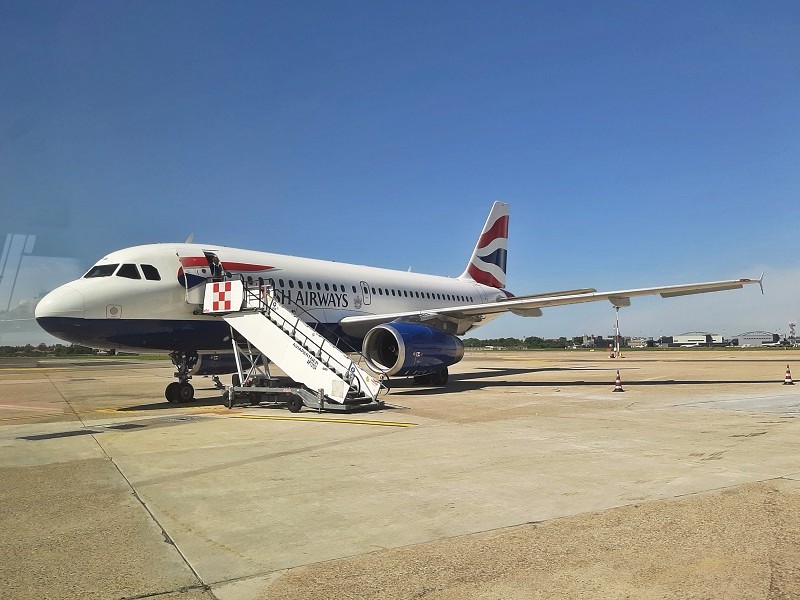
Changes to British Airways Executive Club
As any frequent British Airways flyer is likely aware by now, the airline is revamping the Executive Club, its frequent flyer programme.
The name change from the Executive Club to simply the British Airways Club is the smallest of changes, as the biggest – and most controversial – is the decision to award status purely based on revenue spend rather than the current metric of Tier Points earned for each flight based on distance flown and travel class.
Of course, British Airways put a positive spin on it, with British Airways’ CCO Colm Lacy saying that the changes to BA’s Executive Club were “based on our members’ feedback,” concluding that it “better rewards their loyalty”.
However, it seems that the overwhelming majority of British Airways’ top frequent flyers do not agree with Mr Lacy and have expressed their anger and frustration about the upcoming changes to the Executive Club.
You only need to read the comment sections of newspaper articles discussing the changes to the British Airways Executive Club or look at the relevant thread on FlyerTalk, the world’s largest frequent flyer forum, to get an idea of just how strong the opposition to the changes is.
The vast majority of British aviation and frequent flyer blogs, led by Turning Left for Less, which published a well-written open letter on the topic to British Airways CEO Sean Doyle, are unsurprisingly also united in opposition to these changes, with perhaps only one or two dissenting publications.
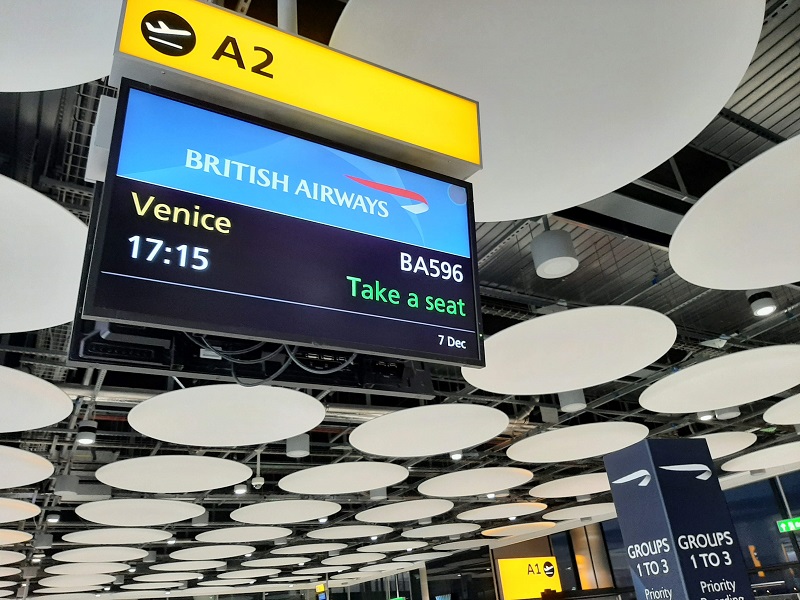
Earning status in the new British Airways Club
The main reason so many loyal British Airways frequent flyers are disgruntled is that it appears the vast majority of them will not be able to retain their airline status once it shifts to a revenue-based system.
Indeed, the new thresholds for status are eye-wateringly high, with some frequent flyers estimating that British Airways Club Silver status would now require spending £7,500 with the airline, compared to the £1,800 to £2,000 they currently spend on flights to achieve the same status.
Gold status, meanwhile, would require a spend of £20,000, while some frequent flyers say they currently achieve this target by spending between £3,000 and £5,000 on flights each year.
What makes the changes more brutal is that only the base fare of your British Airways ticket and ancillary services such as seat reservation fees count as spending, while government taxes (which make up a large portion of airline tickets from the UK) are excluded.
Many stories are circulating among both leisure and business travellers who fear they won’t be able to requalify for the same status, or could even drop two status levels, if they don’t spend significantly more on their travels.
Spending more is something that many are not only financially unable to do, but also unwilling to do, given they cannot justify spending a few thousand extra pounds on an airline that has just shown them the finger and doesn’t truly deliver when it comes to providing a top-class product.
Many frequent flyers have vowed to look for greener pastures elsewhere if British Airways is unwilling to make a U-turn, and have already started exploring other oneworld frequent flyer programmes, or are considering switching to Star Alliance, SkyTeam, or becoming a free agent who isn’t loyal to any airline or alliance and simply books the best deal on each occasion.
Given the fierce competition and the many opportunities to get better value elsewhere, British Airways should certainly heed the warnings of their own frequent flyers.
However, by the way British Airways has announced their changes and revamped the Executive Club, it seems the airline has no clear understanding of what a frequent flyer programme is about or who their target audience is.
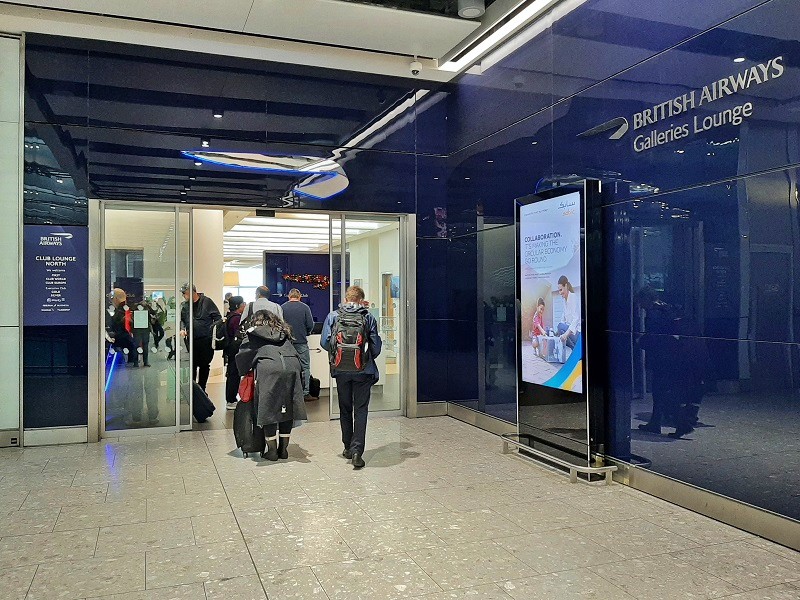
What a frequent flyer programme is about
Before I even get to my criticism, let me start by saying that I have absolutely no personal stake in all of this.
Although I have a British Airways Executive Club account, I’ve never credited any flights to it, as my main frequent flyer statuses are with the other two great alliances, namely SkyTeam (where I hold Air France/KLM Flying Blue platinum status) and Star Alliance (where I hold Turkish Airlines Miles&Smiles gold status).
My criticism of British Airways’ frequent flyer programme overhaul does not stem from any deep personal bond with the airline (I’ve only flown with BA three times in my life) or from any potential loss of status benefits, as I have none with them.
I do however know a thing or two about aviation, airlines, and frequent flyer programmes and am well-acquainted with the European market, and from this position, I simply cannot understand the current changes to the British Airways Executive Club, as the new programme will be an unattractive outlier compared to its direct competitors.
Leaving aside the revenue-based American frequent flyer programmes, which are not relevant to Europe due to the unique economic circumstances in the US and the fact that airlines there make more money from selling premium credit cards to customers than from actually getting them to book flights, the basic premise behind a frequent flyer programme is quite clear.
A frequent flyer programme is all about a mutually beneficial relationship between the customer and the airline: The more flights you book with an airline, the greater the rewards you receive in return.
It is precisely because of this basic premise that a frequent flyer programme is also known as an airline loyalty programme, as it requires some loyalty from your side to a specific airline or airline alliance in order to reap the benefits.
Instead of booking 10 flights with British Airways, 10 with Air France, and 10 with Lufthansa, and earning little to no benefits with any of these airlines as a relatively small customer, you are encouraged to book all 30 flights with British Airways and its partners, as you could suddenly qualify for benefits such as free checked bags, fast-track security, and business lounge access.
It’s a win-win situation for both the airline and you as a passenger: The airline gains extra business it otherwise wouldn’t have had from you, while you receive valuable benefits that, in most cases, don’t cost the airline much money anyway.
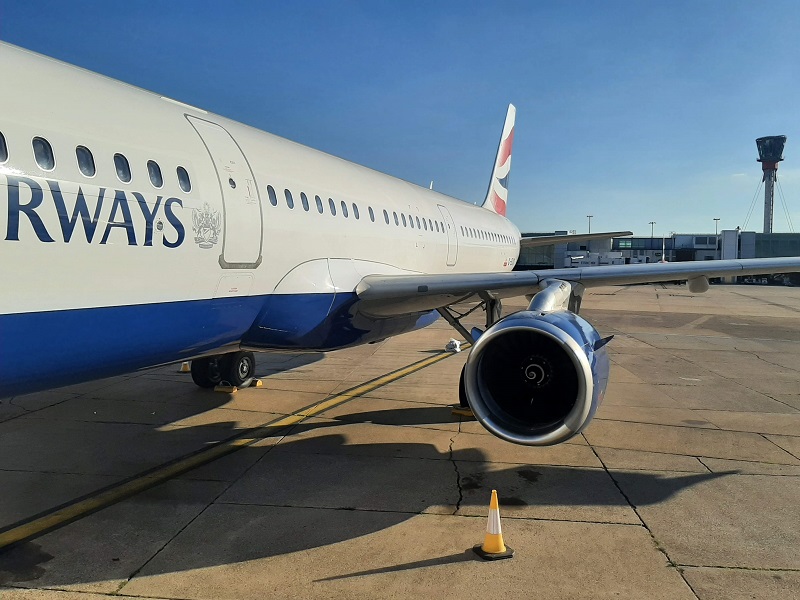
Incentivising people
If one word sums up what a good frequent flyer programme does, then it’s about incentivising people to book more flights with the airline than they would usually do, as well as purchasing all kinds of ancillaries (e.g. credit cards, hotel bookings) through their portal.
Any extra business you can attract, whether it’s a person who flies long-haul business class on leisure twice a year or a small business owner flying 3 or 4 times a month in short-haul economy class, is a bonus.
The best frequent flyer programmes of all, from the airline’s point of view, even manage to convince passengers to engage in irrational spending behaviour.
In the context of British Airways Executive Club, this for example means convincing the passenger who naturally hits silver status each year with their usual flying patterns to try to aim for gold status, even if it requires booking significantly more flights or flying in a higher travel class than they would normally choose.
If this person achieves gold status, they will receive extra benefits compared to silver, such as access to British Airways First lounges instead of the standard Club lounges, which is undoubtedly a nice perk.
The big winner in this situation is however British Airways, given that it has extracted much more business from one of its customers compared to the value of the extra benefits it has to offer!

The fragile relationship between the airline and passenger
It’s important to remember that the airline is always calling the shots, and while your business is appreciated, you hold little significance to them as an individual, even if you have mid- or high-level frequent flyer status.
Indeed, the best frequent flyer programmes, from an airline’s point of view, are those that strike the perfect balance between the minimum amount of benefits they need to provide to their most loyal customers and the extra business they extract from them.
Not many frequent flyers realise this, as many develop a sense of brand loyalty over the years and begin to view their relationship with the airline as one of equals, which of course it never was.
However, that doesn’t mean an airline can just take the mickey out of its most loyal customers, as they must walk a very fine line between extracting money from frequent flyers and still providing some benefits.
Loyal customers often turn a blind eye to minor service degradations or devaluations of frequent flyer miles, knowing that such changes are common in the aviation world, but you can’t upset the fragile relationship between the airline and the passenger by either halting benefits or extorting passengers.
In essence, the changes to British Airways Executive Club and the insanely high new spending limits for British Airways Club status are doing both of these things.
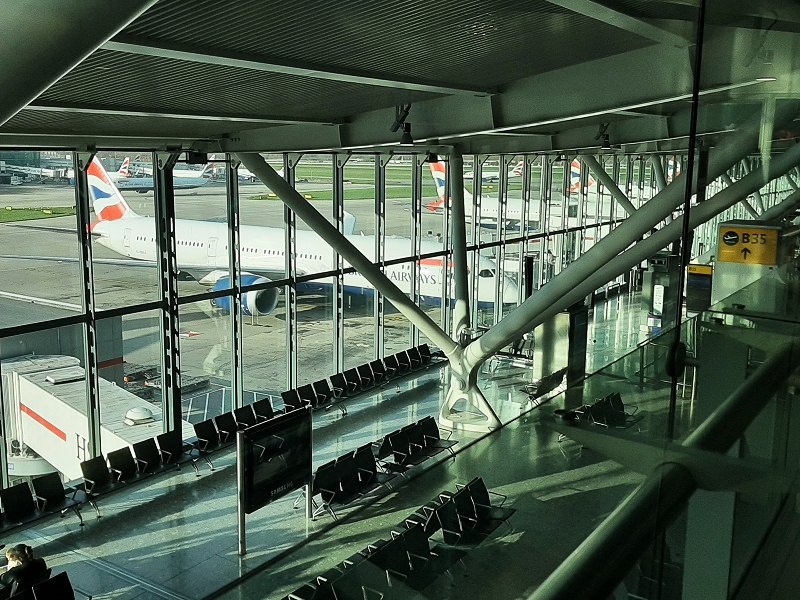
Disadvantage of revenue-based frequent flyer programmes
British Airways frequent flyers might now suddenly discover they need to spend an extra £10,000 to retain gold status or risk dropping down one or perhaps even two status levels, thereby losing all worthwhile benefits.
This is the biggest disadvantage of a revenue-based frequent flyer programme, as it becomes clear how much money you actually need to spend in return for those benefits.
In most cases, the benefits you get out of a frequent flyer programme as a passenger starts to look like terrible value for money!
If a silver status passenger finds out they are a certain number of Tier Points or flights short of earning gold status, you might incentivise them to try to achieve gold status and generate some extra business.
Even though it might be irrational, many customers loyal to your brand might not see it that way, as they focus first and foremost on the opportunity in front of them, rather than the actual costs involved, which aren’t clear right away in a frequent flyer programme that is not based on spending.
However, if that person sees from the outset that it would require an extra £10,000 in spending, there is zero chance of incentivising them to go for it, as even the most loyal British Airways customers can see that such spending would be totally irrational.
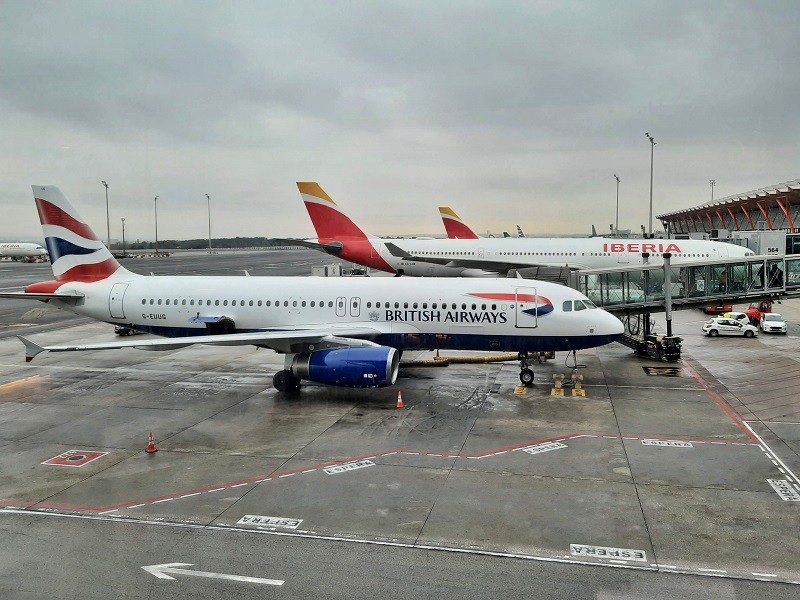
For what kind of passengers will the new British Airways Club be?
This immediately brings us to the big question: Which passengers does British Airways actually think it will attract with these insanely high spending levels for status in their new British Airways Club?
A meaningful frequent flyer status in the British Airways Club (silver or higher) will only be reachable by big spenders — essentially, those well-off folks flying long-haul business or first class for leisure a few times a year, along with the shrinking (but still lucrative) group of full-fare business travellers who book last-minute.
Although the idea of making money spent on holidays booked through British Airways count towards status as well is clever and will likely attract a few people who otherwise couldn’t earn status, this isn’t the target group that will make a significant difference, and certainly doesn’t outweigh the large number of frequent flyers alienated by the changes to the Executive Club.
I’m sure that British Airways has run the numbers and conducted their research, but the key factor they overlook is that frequent flyer programmes don’t always operate according to logical parameters, as the best programmes are those that incentivise customers into irrational spending behaviour.
One has to ask: Who are the passengers that will bring all this extra spending to the airline under the new revenue-based British Airways Club? What are the incentives now for people to actually travel more with British Airways?
Business travellers usually won’t have any choice, as they are usually tied to corporate contracts with a specific airline or will automatically opt for the convenient non-stop flights and extensive route network of the home carrier.
Those working for smaller companies or self-employed business travellers tend to be more price-conscious and will likely hesitate to spend significantly more on British Airways flights to receive the same amount — or even fewer — benefits than they currently enjoy.
Although high-spending leisure flyers are a growing sector and may generate some extra business for the airline — especially by incentivising them to book their entire holiday through British Airways — this group typically doesn’t increase their travel frequency beyond their annual or bi-annual holiday.
In contrast, the number of customers British Airways stands to lose to competitors is much greater, particularly those who primarily fly in economy class or in mixed cabin classes.
For them, the insanely high spend levels for status will be nearly impossible to achieve by booking flights in the cheaper booking classes.
Sure, one such person may generate less revenue than a high-spending leisure flyer, but there are thousands more in the former group, many of whom fly dozens of times a year for either leisure or business across Europe and the wider world.
Even those flying a few times a year in business class will likely not bother with the new British Airways Club, as they already enjoy most of the perks based on their ticket class and won’t really need any additional status benefits, which would require too much extra spending for too few extra perks.
This, of course, doesn’t mean that British Airways flights are likely to go out empty — many passengers will still choose the cheapest or most convenient flight, which in some cases could be a BA flight — but there will definitely be some lucrative customers turning away from the airline, or at least from its frequent flyer programme.
And this will result in a significant amount of potential revenue that British Airways will miss out on.
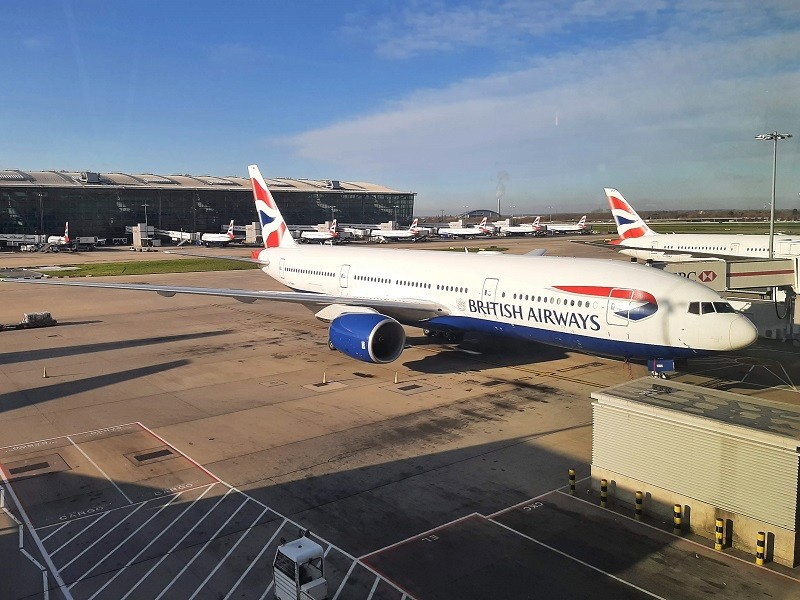
What disgruntled British Airways frequent flyers should do
For disgruntled British Airways passengers, there is still a glimmer of hope that the airline might come to its senses, whether soon due to an avalanche of negative feedback or later when the first real-time statistics come in.
After all, it’s not hard to imagine that at some point British Airways will realise that not only will flight bookings from their frequent flyers are down, but also that most of them will not be able to requalify for status.
It’s not impossible to make ad-hoc changes and steer the frequent flyer programme in a direction to correct this, whether by lowering the status thresholds for the British Airways Club or awarding double Tier Points.
It wouldn’t even be the first time this has happened in the world of aviation, as in the United States, Delta famously backtracked on some of its most unpopular changes to its frequent flyer programme after its most loyal customers rose up against the airline.
If that doesn’t happen, you can always earn oneworld status through other airlines, such as Qatar Airways Privilege Club, the Royal Club of Royal Jordanian, or Qantas Frequent Flyer, and use this status to gain lounge access and other benefits when flying British Airways.
Then there’s always Star Alliance or SkyTeam to switch to, with the main European frequent flyer programmes, such as Lufthansa’s Miles & More and Air France/KLM’s Flying Blue, offering attractive status options.
Interestingly, both frequent flyer programmes have been fully revamped in recent years, yet still award status based on actual flying rather than revenue, and are thus unlikely to follow British Airways’ example anytime soon.
Of course, becoming a free agent and simply booking flights with the airline offering the best deals at any given time is an attractive option, especially for those who always fly in business or first class.
In any case, it’s important to remember that you should never hold onto airline status too dearly, as to any airline, you are always just a good customer at best, or simply a number at worst.
You should always view the airline in a similar light: If it stops providing the value for you, then it’s time to leave them!
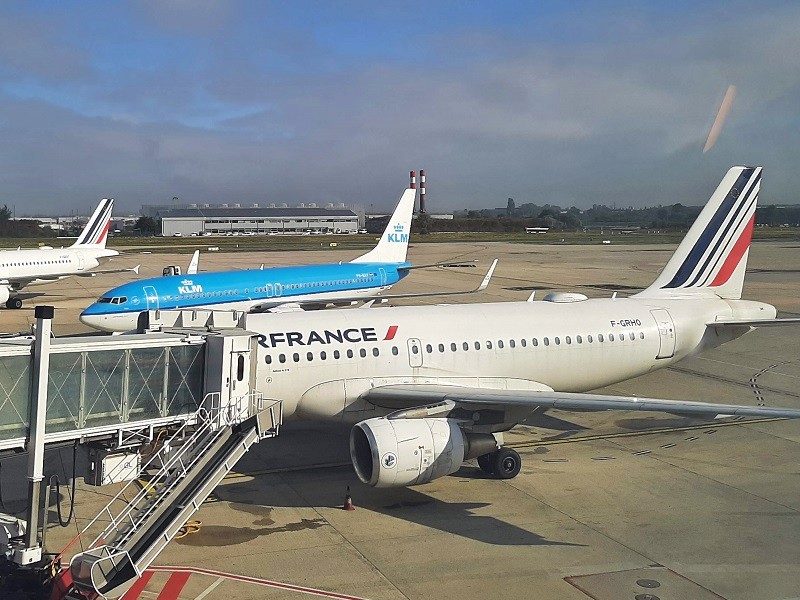
Conclusion
British Airways is revamping its Privilege Club frequent flyer programme by shifting to a revenue-based model, awarding status solely based on the money spent on flights and other activities.
Many British Airways frequent flyers are now realising the hard way that the status levels have been raised to exorbitant levels, and unless they are willing to spend thousands of pounds extra, they will lose their airline status.
The combination of a revenue-based programme and excessively high status levels creates the worst of both worlds, as frequent flyers are no longer incentivised to book extra flights, and it’s clear from the outset that reaching status requires such an irrational level of spending that many will be permanently driven away.
The huge negative changes will likely cause a large number of high-value frequent flyers to switch from British Airways to one of its competitors, and the small amount of extra business the airline might attract from the few positive changes will not compensate for this, a reality British Airways will probably face soon unless it reverses its course.
British Airways frequent flyers should, therefore, push the airline to lower its status thresholds and reverse the most unpopular changes, or alternatively, stay firm and move their money to an airline that values their business.

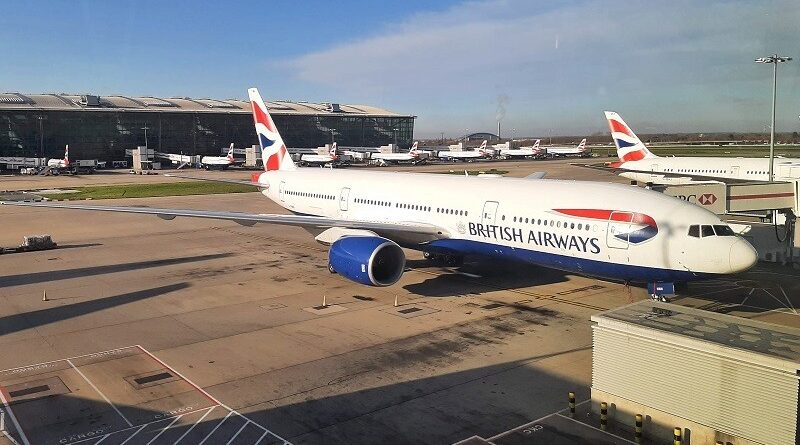
While you hesitate to look at airlines in the US, I think Southwest has a good hybrid frequent flyer model. They credit you based on a combination of revenue and profit. You are credited 6 points per dollar in the lowest class. 8, 10, and 12 points for each higher class. Granted they don’t have a true business class offering but the point is that it rewards irrational behavior. Why book a $200 base fair for 1200 points when you can book a $275 fare and get 3300 points toward the 70,000 points needed for top tier status?